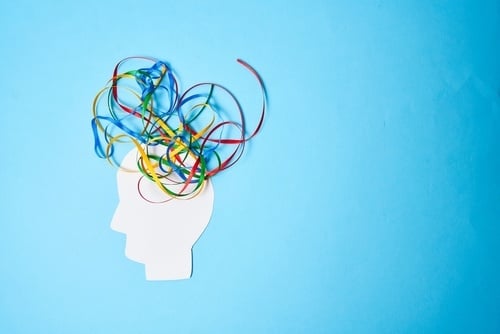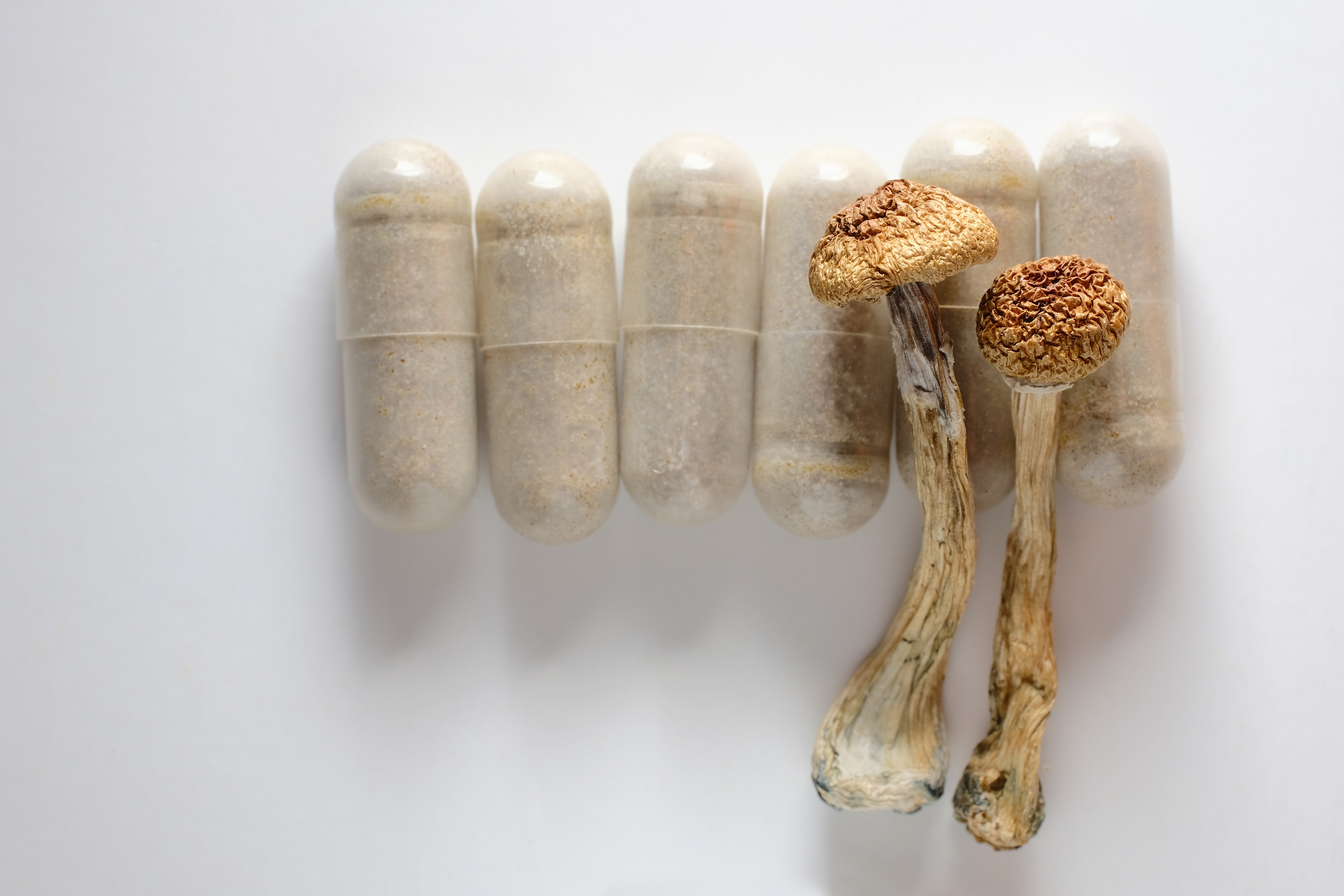Despite mounting evidence on the efficiency of psychedelics in treating Attention Deficit Hyperactivity Disorder, mushrooms for ADHD are still illegal. Studies have suggested that microdosing for ADHD may help alleviate symptoms, yet psilocybin is considered a Schedule I substance. This large discrepancy between science and legislation has once again sparked debate about the fate of alternative therapies for mental health.
What Is ADHD?
Attention Deficit Hyperactivity Disorder is a neurodevelopmental disorder whose symptoms include short attention span, inability to plan and mood swings. Conventional medicines for the disorder include prescription stimulants such as Adderall and Ritalin.
These prescription drugs work for many people but often come with a host of side effects, including anxiety, insomnia, and loss of appetite. So, then people with ADHD are always looking for better treatments to enhance their quality of life.
Psychedelics (in microdoses) recently came into focus as an alternative treatment for ADHD. These include ADHD shrooms with psilocybin and others. Scientists have tested this and emerged with a positive outlook: microdosing psychedelics shows a lot of promise in ADHD management.
ADHD and Traditional Medications
To understand why people are interested in micro-dosing for ADHD, we must first understand how conventional ADHD medication works. Pharmacological therapies for ADHD involve medications such as Adderall and Ritalin. Adderall works by elevating the activities of dopamine and norepinephrine neurotransmitters in the brain. These neurotransmitters are essential in mood regulation and maintaining focus and attention.
By amplifying their action, Adderall enables heightened concentration, reduced impulsivity, and improved attention. But then, even when attention does improve with the use of such stimulant medications, many people report feeling out of control with their emotions.
Thus, by building on anecdotal evidence and testing subjects, researchers have uncovered that micro-dosing for ADHD-- more specifically with substances like psilocybin and LSD may enhance emotional balance in ways traditional stimulants cannot.
How Psychedelics Work in the Brain
Psychedelics, like psilocybin, the active compound found in mushrooms for ADHD, act on the brain through interaction with serotonin receptors, especially the 5-HT2A receptor. This neurotransmitter modulates mood, cognition, and perception. Studies have found that using small, repeated doses of psilocybin, known as microdosing- can significantly reduce ADHD symptoms, particularly emotional dysregulation.
According to Dr. James Fadiman, a psychologist and psychedelic researcher who has decades of experience researching microdosing, this practice is known to enhance focus and emotional well-being without the crash that follows a high when using other stimulants.
In his book, The Psychedelic Explorer's Guide, Fadiman says that psilocybin for ADHD targets a cognitive-emotional side of mental health. He reveals how to microdose LSD and other psychedelics, for emotional balance and better mental performance. However, he cautions that psychedelics don’t work for everyone.
The Therapeutic Benefits of Microdosing for ADHD
One of the most exciting things about shrooms and ADHD is how psychedelics might be able to target symptoms in ways that standard medications cannot. The following are some of the therapeutic benefits that the scientific community has uncovered for psilocybin and ADHD:
1. Improved emotional regulation
70% of adults with ADHD have emotional disregulation. Classic stimulants help with attention but generally do little for emotional management. According to one study in Nature Medicine, microdosing with psilocybin might regulate serotonin levels and improve emotional stability so that people with ADHD experience fewer mood swings and frustrations.
2. Cognitive flexibility
ADHD can cause a lack of spontaneity in thought and action. Psychedelic substances such as what you would find in an ADHD mushroom promote cognitive flexibility by enhancing neuroplasticity. The latter is the ability of the brain to establish new links between neurons. This might help unlock creative thinking, problem-solving, and task-switching. Microdosing for ADHD might help facilitate these tasks.
3. Focus and concentration
While traditional medications for ADHD have shown great promise in improving focus, they can also be addictive and lose their punch after repeated use. Microdosing, in contrast, provides consistent benefits without the highs and lows compared to stimulant medication. According to a recent report, patients who use micro doses of mushrooms for ADHD report having regained control of their thought processes.
Microdosing Risks and Challenges
Well, the potential benefits may sound so optimistic, but caution should be exercised when using psilocybin for ADHD. Most psychedelics are still illegal in large parts of the world. In the United States, psilocybin is listed as a Schedule I drug- meaning it is considered to have a high abuse potential without, currently, any approved medical use despite emerging research that says otherwise.
Moreover, the fact that psychedelic substances are not regulated may put those who self-medicate in danger. There have been arrests of people buying psychedelics on the black market where the purity and dosage of the drugs cannot be guaranteed.
Psychedelic Therapy and the Future of ADHD Treatment
Psychedelics are going to revolutionize the treatment of psychological and mental disorders, such as ADHD. We are just scratching the surface of what psychedelics can do and the benefits of microdosing ADHD are becoming more and more evident.
There is growing momentum for decriminalization and medical use of mushrooms for ADHD in several U.S. states. Oregon was the first to legalize the use of psilocybin-assisted therapy in 2020. Other states may soon follow in these footsteps. But for now, there is a disconnect between the scientific and the legal worlds.
Should I Microdose for ADHD?
Check the laws of your state. Micro-dosing for ADHD offers an alternative treatment that could treat both symptoms of cognition and emotion symmetrically. However, psychedelics such as mushrooms for ADHD are still illegal in many states. In states where Psilocybin is legal, you can access the microdosing therapy from a licensed professional.




